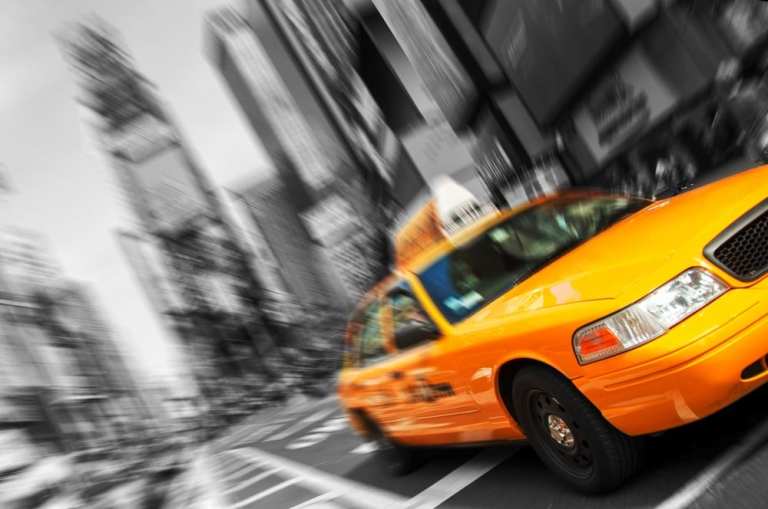Taxi Drivers Driven To Bankruptcy Over Medallion Loans

The New York City taxicab industry has been suffering, with a series of suicides plaguing taxi drivers over the past year as they struggle with debt and financial strife. While New York City has long blamed Uber and Lyft for the industry’s woes, a New York Times investigation found the fault lies with industry leaders.
An investigation by The New York Times shows industry leaders artificially drove up the price of taxi medallions. From 2002 through 2014 the paper found the price of a medallion increased to more than $1 million from $200,000. During that time frame, around 4,000 drivers purchased medallions.
They left a bubble that eventually burst in their wake. During the course of more than ten years, the paper reported the industry leaders ushered taxi drivers into loans that they couldn’t pay back and took hundreds of millions of dollar before the bubble collapsed. The bankers, brokers, lawyers, fleet owners, and debt collectors made tons of profits, with medallion brokers able to buy yachts and waterfront properties. But their actions resulted in taxi drivers, many immigrants, losing their life savings, suffering under crushing debt they couldn’t pay back. The New York Times noted that more than 950 medallion owners have filed for bankruptcy while thousands more are barely surviving. “The whole thing was like a Ponzi scheme because it totally depended on the value going up,” said Haywood Miller, a debt specialist who has consulted for both borrowers and lenders in the report. “The part that wasn’t fair was the guy who’s buying is an immigrant, maybe someone who couldn’t speak English. They were conned.”
The paper likened the practices in the taxi industry to the housing bubble that ultimately led to the Great Recession in 2008 and 2009. Mortgage lenders and brokers put people in mortgage loans they couldn’t afford to pay back. When the interest rates on the loans reset foreclosures skyrocketed. Taxi drivers took on debt they couldn’t afford and didn’t understand the terms to get the medallions and are now paying the price.